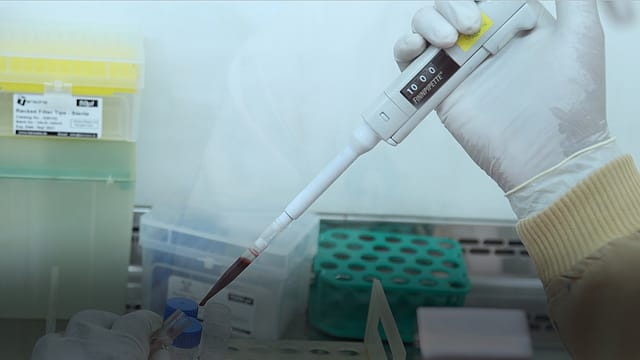Sun Pharma Advanced Research stock plunges 20% after key psoriasis drug fails Phase 2 trials
ADVERTISEMENT

Shares of Sun Pharma Advanced Research Company Ltd (SPARC) plunged nearly 20% on Wednesday on the NSE, after the company announced disappointing results from Phase 2 trials of its experimental drug, SCD-044 (Vibozilimod), for psoriasis and atopic dermatitis.
SPARC shares opened at ₹185 on the NSE and plunged to an intraday low of ₹156.14, marking a sharp 20.04% drop from the previous close of ₹195.18. As of 13:14, the stock was trading at ₹159.55, down 18.25%. Meanwhile, shares of Sun Pharmaceutical Industries also declined, falling as much as 2% to an intraday low of ₹1,649 after opening at ₹1,656, compared to the previous close of ₹1,667.50.
SPARC is the biopharmaceutical research and innovation arm of Sun Pharmaceutical Industries Ltd (Sun Pharma) . Originally spun off from Sun Pharma in 2007, SPARC operates independently but maintains a development partnership with its parent company, especially for advancing novel drug candidates like SCD-044.
Sun Pharma announced on Tuesday that its experimental drug, SCD-044, failed to meet primary endpoints in two mid-stage clinical trials targeting moderate-to-severe psoriasis and atopic dermatitis (eczema). Following the disappointing results, the company has decided to discontinue further development of the drug for atopic dermatitis.
The failed trials—SOLARES PsO and SOLARES AD—were randomised, double-blind, placebo-controlled Phase 2 studies, involving more than 500 participants in total. Both trials aimed to demonstrate a 75% improvement in PASI (Psoriasis Area and Severity Index) and EASI (Eczema Area and Severity Index) by Week 16, but neither study met its efficacy targets.
"While we are disappointed with the top-line results of the clinical trials, we would like to thank all the psoriasis and atopic dermatitis patients, the healthcare professionals, and administrators who participated in these pivotal clinical trials," said Dr. Marek Honczarenko, Senior Vice President and Head of Global Specialty Development at Sun Pharma.
SCD-044, an oral pill, was designed to treat inflammatory skin conditions by targeting S1P receptor 1, which plays a role in immune cell trafficking. The drug was expected to reduce disease severity by modulating the migration of lymphocytes out of lymphatic tissues. Earlier Phase 1 studies in healthy volunteers had shown a dose-dependent reduction in lymphocyte count—considered a surrogate marker for this class of compounds.
Despite no major safety issues emerging in the Phase 2 studies, Sun Pharma has chosen to halt further research into the drug’s use for atopic dermatitis. Both Sun Pharma and SPARC have stated they are currently evaluating next steps for the compound’s future.
The failure is a blow to SPARC’s pipeline, where SCD-044 had been considered a leading candidate in its focus areas of oncology, neurodegenerative, and inflammatory diseases. The setback underscores the risks inherent in mid-stage drug development, especially in immunology and dermatology.
Financially, SPARC reported a 38.8% quarter-on-quarter rise in revenue to ₹20.96 crore for Q4FY25. However, its loss before tax widened to ₹105.41 crore, up 32.7% from the previous quarter, as total expenses surged to ₹126.37 crore.